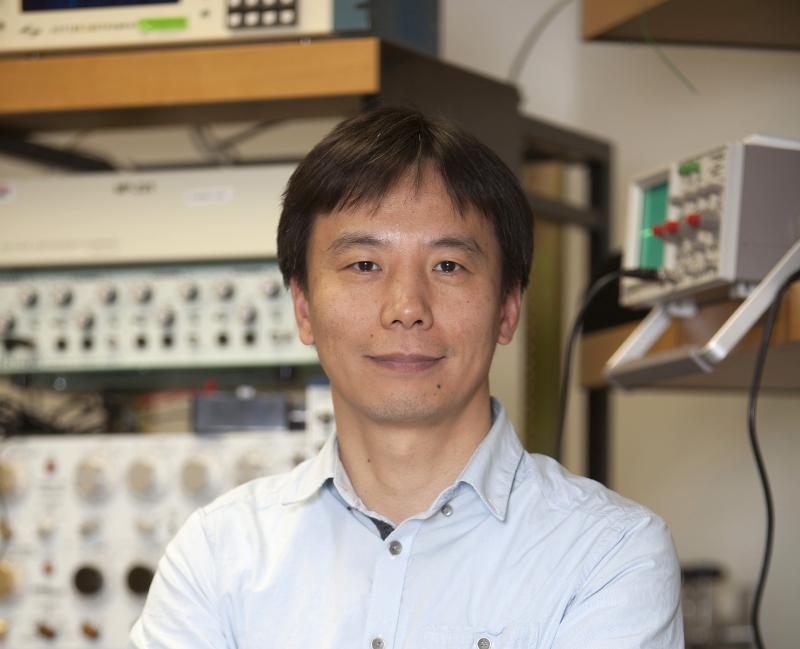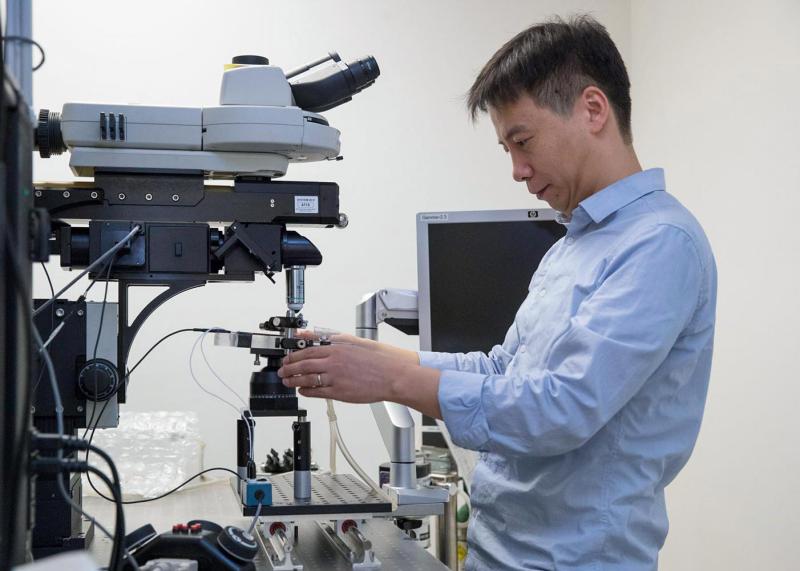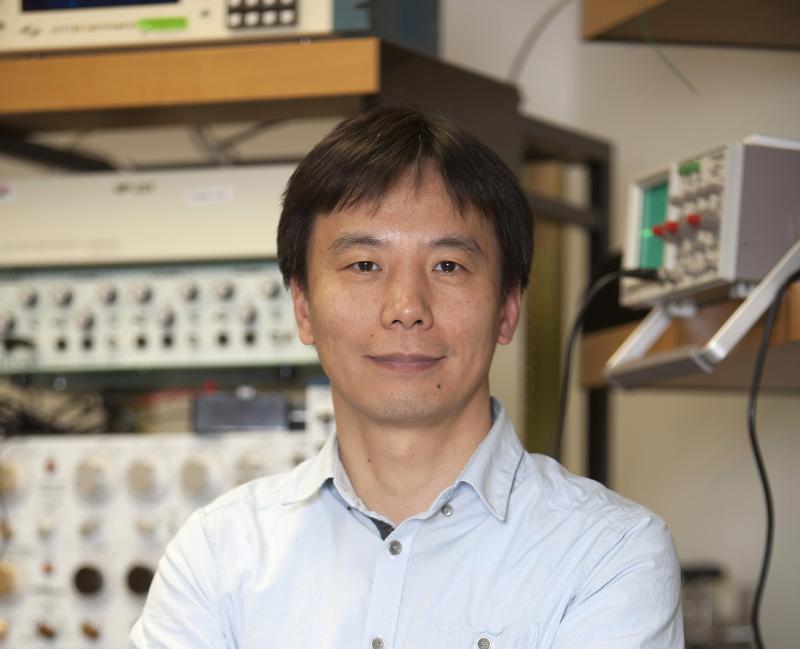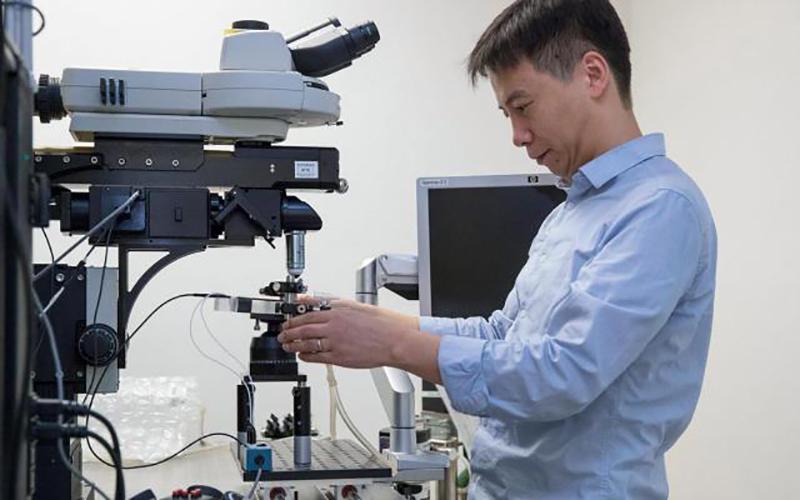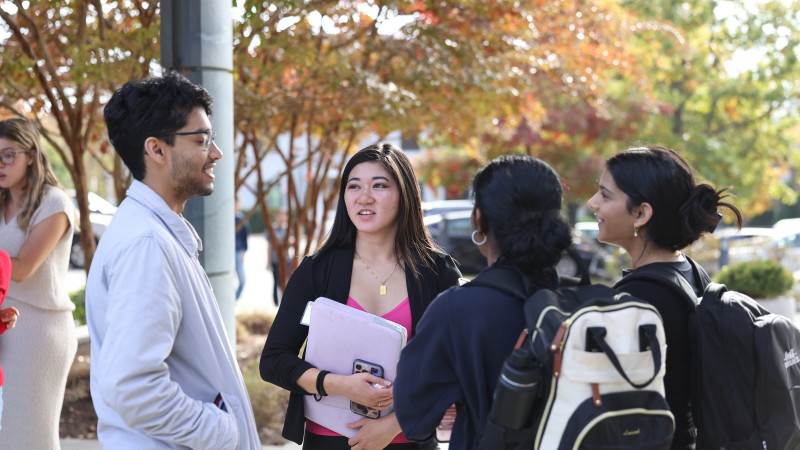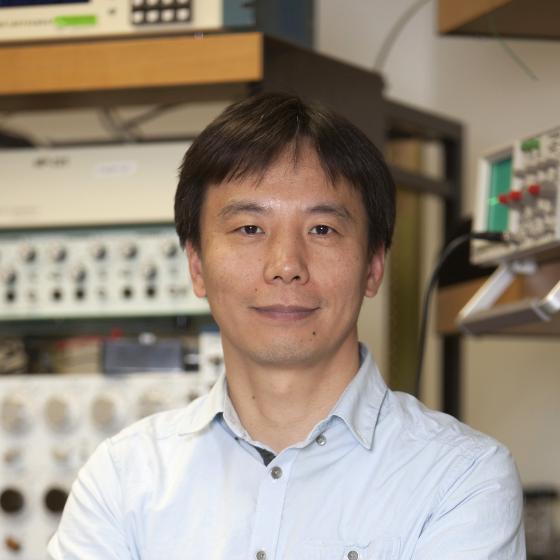
JC Cang
Bio:
With dual appointments in biology and psychology, JC Cang is uniquely positioned to collaborate with colleagues across multiple specialties and to shore up the curriculum for UVA’s neuroscience program. Not only has he designed several new courses, including the student-favorite “Neuroscience Through the Nobels,” an overview of the Nobel-winning discoveries that have profoundly shaped the field, but he also runs a state-of-the-art lab.
Cang’s research examines the organization, function, and development of two brain structures in the visual system—the cortex and the superior colliculus—and takes an integrative approach that combines physiology, functional imaging, mouse genetics, molecular, behavioral, and computational methods to identify treatments for visual impairments.
Prior to joining the faculty at UVA in 2017, Cang taught at Northwestern University, where he and his colleagues made two breakthrough discoveries that were introduced into textbooks. Their work demonstrated that a period of plasticity in early development is central to how neurons interact and function in the visual system later in life. They discovered neurons that are selective to specific features of stimuli and match their binocular selectivity during early development in an experience-dependent manner.
At UVA, Cang has served as director of the neuroscience undergraduate major, and he has dedicated much of his time to advising students. His efforts have helped significantly expand the program, turning it into one of the College’s most sought-after STEM majors.

